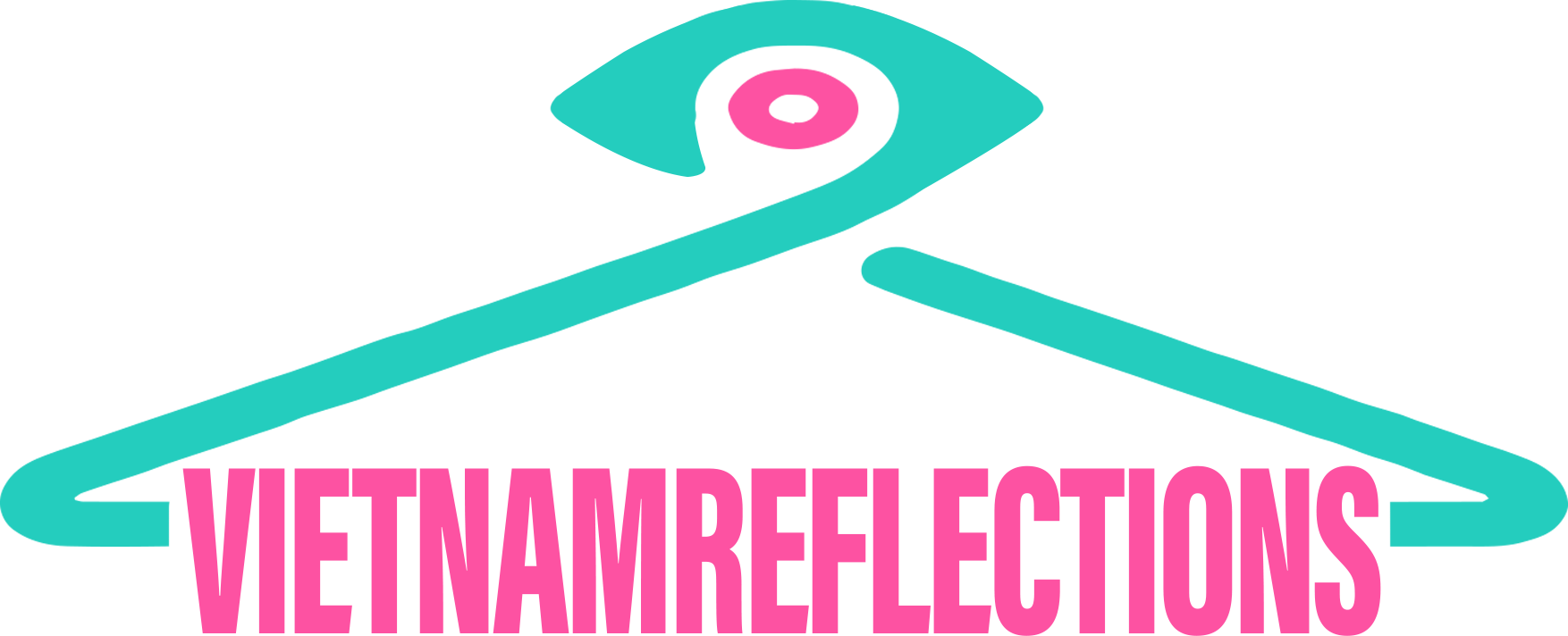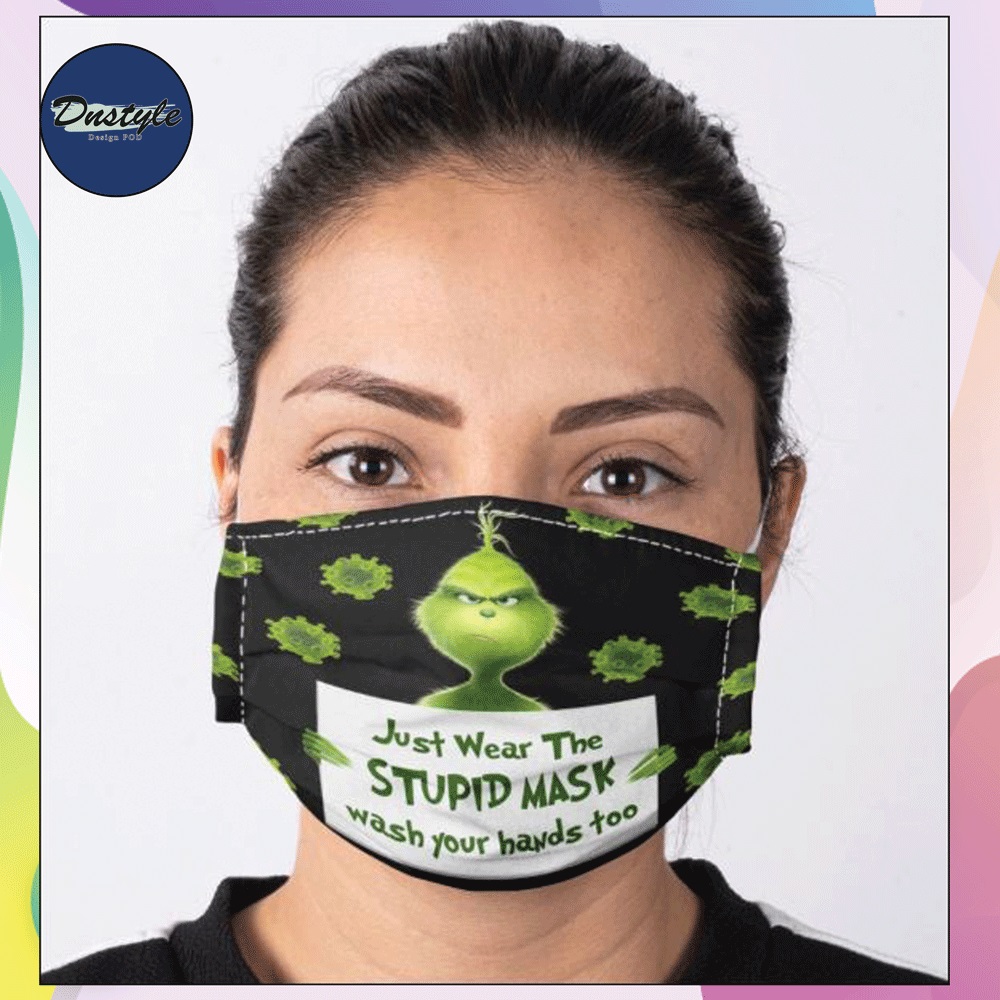The Council for the Accreditation of Educator Preparation (CAEP) defines dispositions as: Professional attitudes, values, and beliefs demonstrated Candidates in a English/language arts preparation programs are expected to gain knowledge in reading/literacy instruction that has been standardized to include: knowledge of standard-based learning experiences, knowledge of individual and collaborative instruction strategies, knowledge of how to incorporate language into instruction, and the ability to plan instruction that reflects curriculum integration and interdisciplinary methods (National Council of Teachers of English and National Council for the Accreditation of Teacher Education Programs, 2010). Personalized full service garage open when i feel like it my garage my rules A lack of substantial amount of research exists on teacher education for preparing new teachers for classroom instruction in reading. Educator preparation program course textbooks present an overarching instructional content that includes topics such as academic vocabulary, promoting comprehension, selection of texts, reading across curriculum, differentiating instruction, and integrating literacy theory into practice (Tompkins, Gail E., 2010; Bucher & Hinton, 2014; Handsfield, 2016).
Click to get it on Ethershirt
Personalized full service garage open when i feel like it my garage my rules poster

However, there is literature and research on the current English/language arts classroom needs and studies of new professional educators in the field. Current classroom issues affect the importance of topics related to the study of instructional practice. In particular, multimedia and digital literacy instruction has risen in importance given the current classroom needs (King, J. R., 2013). Personalized full service garage open when i feel like it my garage my rules This presents a challenge for teacher education Rawlings once remarked, “I am able to make a significant impact on the lives of children and families that use this setting” (127-128). This can be true for those who desire and want to improve lives, but how does one transform the life of another individual? Does it begin by becoming a firefighter, a police officer, or a doctor? These are all excellent advances in improving lives, but this writer will discuss about how becoming an Early Childhood Educator can reconstruct the life of a child (Rawlings 127). Early Childhood Education is a profession that works with children from birth up to eight years of age (Garvis and Pendergast 104). Most of the theory of knowledge in early childhood is that children learn through movement. When children engage through play they develop a sense of individuality that helps them discover who they are, build relations with others, and understand their cultural background.
Where to purchase it?



In early childhood, the focus is on the primary components that encourage a child’s learning ability: social, physical, intellectual, language, and creativity (Wynne 14-21). Early childhood requires some form of knowledge, whether it’s a high school diploma or bachelors. Some states expect a teacher to have a license, certification, registration, and/or a degree. Along with obtaining an academic history a teacher needs skills when engaging with children. Some skills involved are communication, creativity, social, organization, and perseverance (Bureau of Labor Statistics Former guide writer for “Studying Early Years: Personalized full service garage open when i feel like it my garage my rules A guide To Work-Based Learning” Anne Rawlings once remarked, “I am able to make a significant impact on the lives of children and families that use this setting” (127-128). Rawlings quote can be true for those who desire and want to improve lives, but how does one transform the life of another individual? Does it begin by becoming a firefighter, a police officer, or a doctor? These are excellent advances in improving lives because they all deal with helping individuals in any way.
Homepage: Dnstyles





